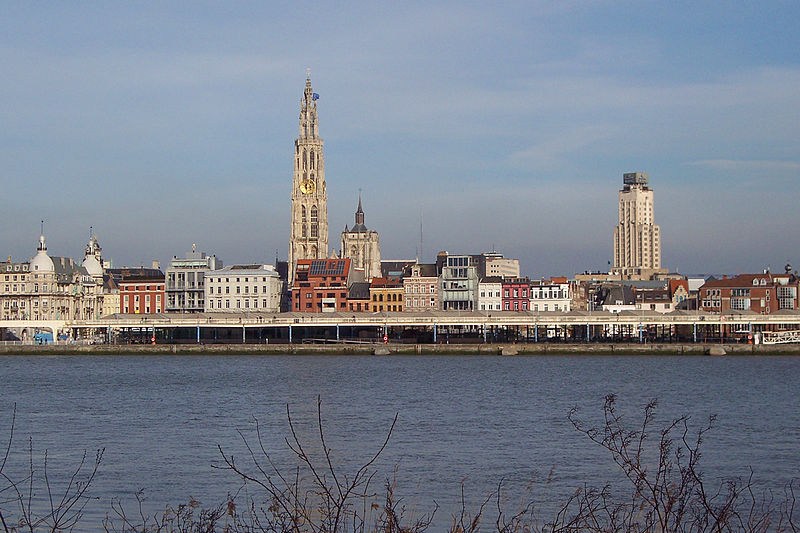A new study has found over 800 times the normal level of PFAS (toxic 'forever chemicals') in flatfish from the Westerschelde waterway, making the fish potentially dangerous for human consumption.
The research was carried out by Jacob de Boer, Professor of Environmental Chemistry and Toxicology at VU University Amsterdam. In an interview with De Morgen, de Boer explained that “The amount of PFAS was found to be more than 800 times the Dutch standard. I have never come across such values before. Definitely do not eat fish from the West Scheldt.”
The results corroborated those found by biology professor Lieven Bervoets of the University of Antwerp earlier this year, who discovered similarly high levels of PFAS in eel from the Scheldt. Yet despite these earlier warnings, de Boer said that "These results have surprised even me."
Related News
- Flanders to launch large-scale investigation into PFAS in groundwater
- Pollution scandal: 3M appeals against shutdown ruling
- 'Tough environmental reform needed' to avoid PFOS pollution scandals
De Boer measured levels of PFAS in flatfish, sea lavender, sediment, Scheldt water and tap water. “The PFAS content in bathing water in the Dutch city of Bath was also well above the norm: a child could barely swim 25 days a year in the water before ingesting the maximum amount of PFAS.”
Professional fishing is no longer permitted in the part of the Scheldt where the high levels of PFAS were found but sports fishermen are still active.
“They should throw their fish back into the water as quickly as possible and not into the pan,” warns de Boer.
Not only fish that are affected
“Some people also gather sea aster (a coastal plant) and eat it because it's supposed to be healthy. Well, that too is absolutely not advisable in this area. It has now been proven that a high concentration of PFAS in the body can weaken immunity and in extreme cases even cause cancer.”
The high levels of PFAS could also pose a risk to the ecosystem. “Years ago, researchers already found fish with many ulcers in those areas,” de Boer said.
“PFAS was not mentioned at the time but that may well have been the reason. More research is needed into the health effects, but it’s also time to look at the consequences for the ecosystem. So far, very little has been done on that.”

